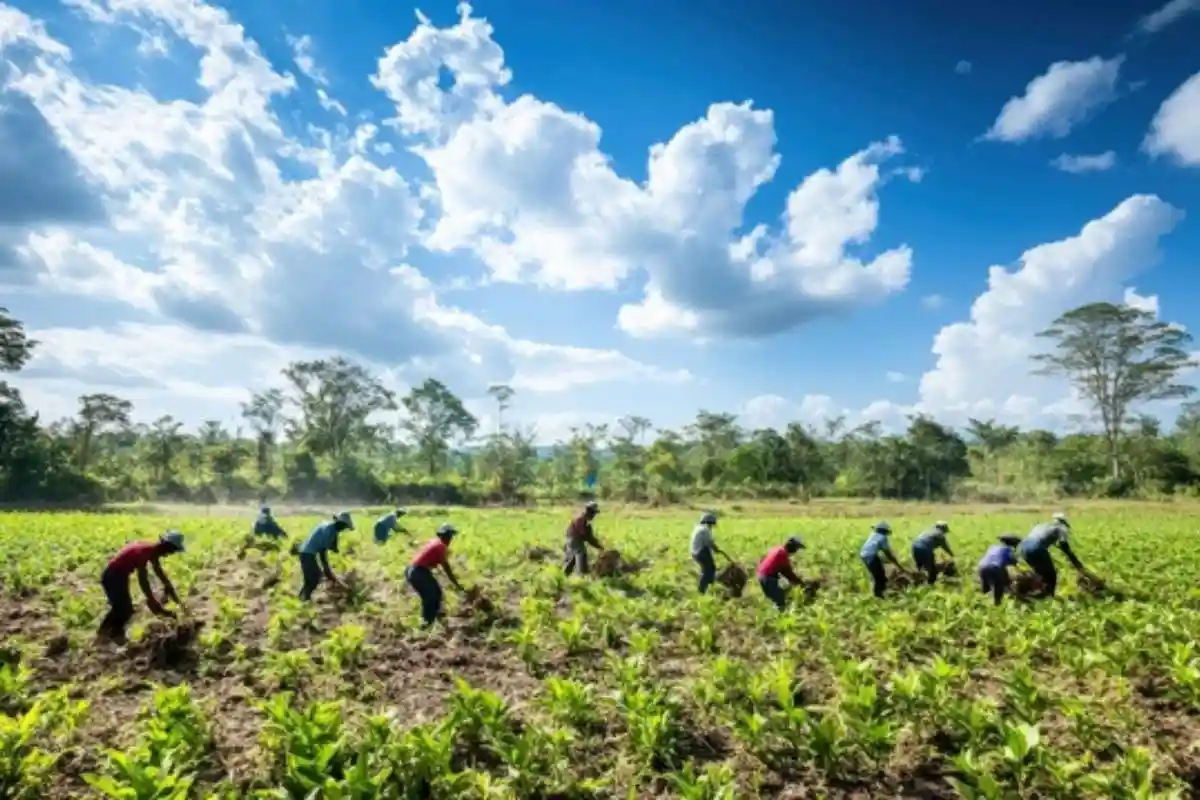
The exploitation of migrant workers is a deeply entrenched issue in Italy's agricultural sector, impacting the lives of thousands who contribute to the European food supply. These workers often face inhumane living conditions, unfair pay, and criminal exploitation. This course unpacks the harsh realities faced by migrant workers, highlights the systemic challenges perpetuating labor exploitation, and explores the inspiring efforts aimed at creating ethical and equitable solutions within the industry.
The exploitation of migrant workers isn’t just a labor issue—it reflects serious economic, social, and ethical failings in our global food systems. Many of the fruits and vegetables that reach Europe’s markets are harvested under unacceptable conditions by individuals struggling to make a living. Understanding these systemic challenges is essential for those who wish to advocate for change, from policy reforms to supporting fair trade practices. By shedding light on this issue, this course aims to empower learners with knowledge to push for a fairer and more sustainable agricultural sector.
After watching the video, you’ll be able to:
This knowledge will equip you to form informed opinions and consider how you can contribute to creating a shift toward ethical labor practices.
Pay close attention to the real-life stories of migrant workers and the innovative solutions led by activists, as these narratives provide valuable perspectives on the issue. Focus on key terms like “caporalato,” NOCAP, and fair wages to deepen your understanding of the systemic challenges and potential solutions. Reflect thoughtfully on the broader implications of the content, considering how small actions, such as supporting fair trade products, can contribute to long-term positive change. After watching, take the quiz to review the key concepts covered.
Click the button to take the quiz and get your credit.